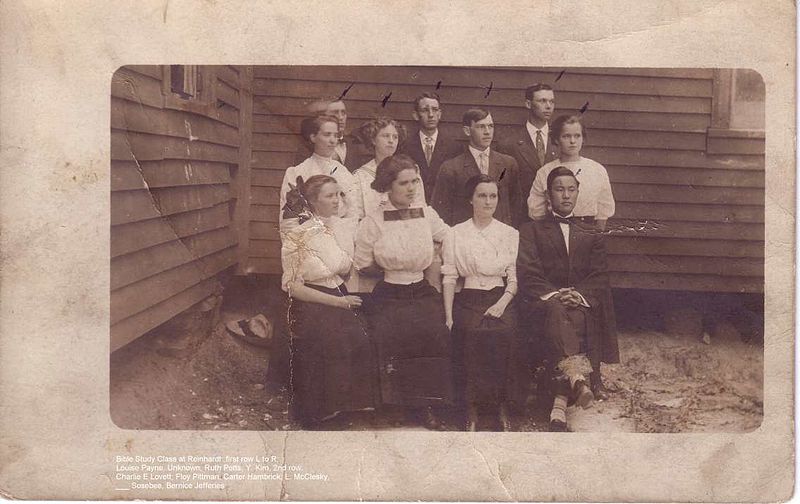Professor of New Testament Craig Keener writes very long and very detailed scholarly books about Jesus. He also presents himself as having converted from atheism to Christianity. Do a web search on Keener and atheist and you’ll find many sites likewise presenting him as a poster-boy for how atheism stood no chance against the intellectual inquiries of Keener into the Christian faith. But then you read Keener’s own testimony about his “atheism” and conversion and you learn he became an atheist at the ripe age of nine and converted to Christianity at the mature age of fifteen. A lost soul in search of a home?
Keener addresses the “problem of evil” for believers in God in Where was God when tragedy happened?—Exodus 1:22. He begins by reciting the most common of religious mantras: goodness and justice will always win in the end. Every child is taught this to be true in order to protect them from the traumatic reality of the real world.
Keener’s conclusion is the saddest of all, the fantasies of childhood have never left the adult:
God does not always prevent tragedy—but he does ensure his plan for the future of his people and for ultimate justice.
Indeed, Exodus resounds with the recognition that God, while not always stopping human wickedness, does not look the other way:
Adult view: God looks at the suffering of people having their children murdered now but can think only of his “long-term plan” so watches them suffer and die. Don’t worry, you Jews dying in Auschwitz; some of those responsible will be hanged at Nuremberg! Comforting — except that God won’t even tell them that much!
Consider how God would return against the next generation of Egyptians what Pharaoh had done. Pharaoh drowned Israel’s babies in the Nile (1:22); the first plague would turn the Nile to blood (7:20).
Lovely. “Next generation” who were not responsible for the suffering he had just witnessed get to be punished, not to mention the killing of entire species of Nile-dwelling creatures. A professor of New Testament seriously writes that this is the beginning of “God’s justice”!
Pharaoh drowned Israel’s babies in the Nile (1:22); the last plague would strike Egypt’s firstborn children (12:29).
Of course. Kill the sons, whether infants or mature adults, of the generation who bore no responsibility for the earlier crime against humanity. Kill the innocent, even adult first-born. Rob the innocent parents of their firstborn children.
And a mature adult who writes serious books about the historical Jesus teaches fellow-believers that this is God’s justice.
Pharaoh drowned Israel’s babies in the Nile (1:22); God would drown Egypt’s army in a sea of reeds (14:28).
Only a child could imagine this as “justice”.
Though long-delayed, justice would come. As we often say in the African-American church, “God doesn’t always come when you want Him to, but He’s always right on time.”
“Always comes right on time” — like, a generation after the cruel deaths and pain inflicted on an entire race, so late that he finds he has only innocents left to kill. “Always comes right on time”.
Thus are the teachings of a serious adult professor of New Testament and author of academic works.
A soul having found a home remains protected from the realities of life by means of the perpetuation of childish fantasies.

